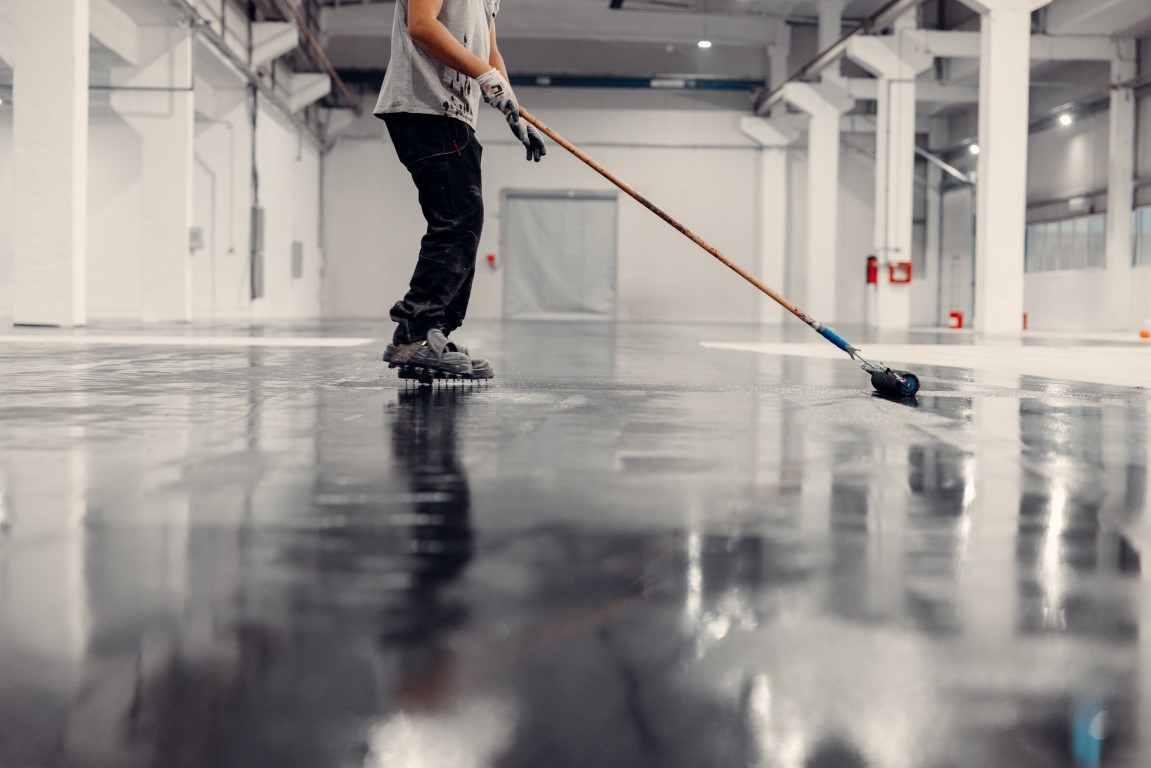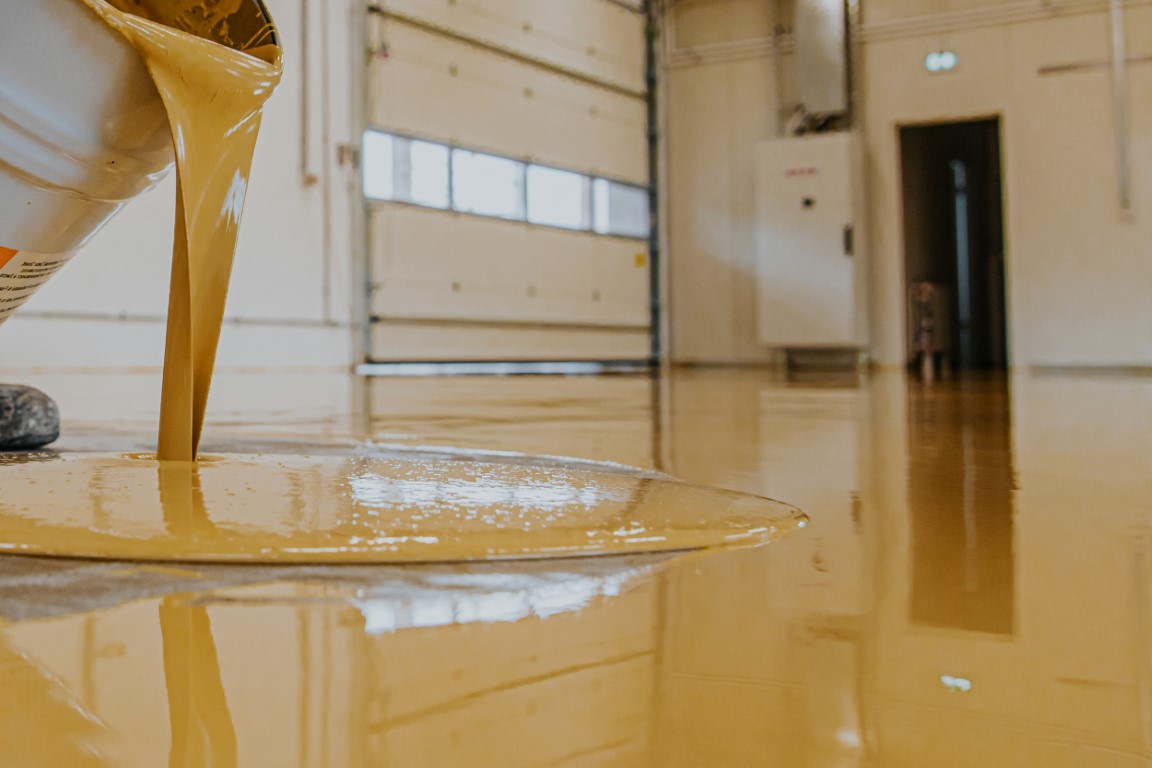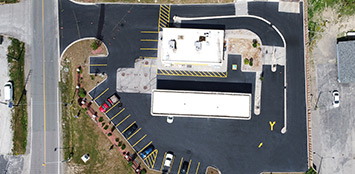Commercial epoxy flooring has become a cornerstone in the design and functionality of commercial spaces, offering durability, safety, and aesthetic appeal. From additional safety measures to low-maintenance cleaning, epoxy floors are a perfect match for commercial spaces.
Introduction to Commercial Epoxy Flooring
Commercial epoxy flooring refers to a floor surface made primarily from a mixture of resin and hardeners that chemically react to form a rigid, plastic-like material. Once applied over concrete floors, it creates a performance-enhancing and durable surface. Ideal for various types of businesses including warehouses, hospitals, and retail stores, epoxy flooring is prized for its longevity and ease of maintenance.
Key Benefits of Epoxy Flooring in Commercial Settings
Durability and Resistance
One of the most significant benefits is its exceptional durability and resistance to wear. This makes it ideal for areas with heavy foot traffic or machinery. Epoxy floors are resistant to impacts, chemicals, stains, and surface abrasion, ensuring they last longer than many other flooring options without needing frequent repairs or replacement.
Safety Features
Safety is paramount in commercial environments, and epoxy flooring contributes positively in this area. It can be formulated with anti-slip additives to prevent accidents in wet or high-traffic areas. Additionally, its seamless surface helps prevent the accumulation of dirt and bacteria, making it a hygienic option for industries that require sterile conditions.
Aesthetic Flexibility
Epoxy flooring is not only functional but also highly versatile in its aesthetics. It is available in a variety of colours and patterns and can even simulate the appearance of polished stone or marble. This flexibility allows businesses to customize the look of their floors to match their brand identity or decorative themes.
Cost-Effectiveness
Despite its many benefits, epoxy flooring is a cost-effective option for commercial spaces. The initial cost of installation is competitive, especially when considering the longevity and reduced maintenance costs over time. Epoxy floors rarely require replacements and are easy to clean, further reducing ongoing maintenance expenses.

Implementation of Epoxy Flooring
Preparation and Application
The application requires careful preparation of the concrete surface, including repairing any cracks or uneven areas to ensure a smooth application. The epoxy is then mixed and applied in layers, each needing to cure fully before the next is added. This process results in a strong bond with the underlying concrete and a high-performance finish.
Aftercare and Maintenance
Maintaining epoxy flooring is rather straightforward. Regular cleaning with mild detergents will keep the floor looking new and polished. Try to avoid abrasive cleaners and pads to help maintain the integrity of the floor’s surface. You can prolong your floor epoxy floor’s lifespan by regularly evaluating it for maintenance and cleaning.

Epoxy Flooring in Different Commercial Environments
- Warehouses and Industrial Facilities: Offers the durability to withstand heavy machinery and high traffic.
- Healthcare Facilities: Provides a sanitary surface that reduces the risk of infection.
- Retail Spaces: Enhances interior aesthetics while offering a surface that is easy to clean and maintain.
- Educational Institutions: Delivers a cost-effective, safe, and long-lasting flooring solution suitable for schools and colleges.
Contact Us
Commercial epoxy flooring is an excellent choice for a wide variety of commercial spaces, combining functionality with aesthetic appeal. Its durability, safety features, and cost-effectiveness make it a superior flooring solution that can meet the specific needs of any business. By choosing epoxy flooring, commercial entities can ensure a solid investment in their infrastructure, which supports both operational efficiency and visual appeal. Contact us today to enhance your commercial space with epoxy flooring.



